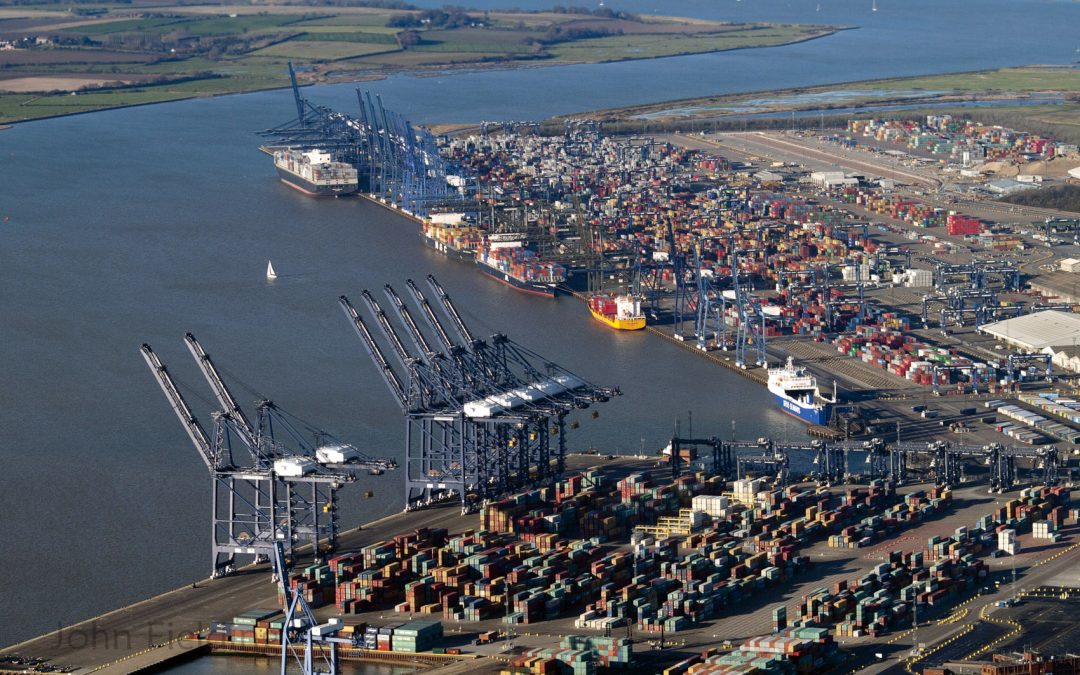Saudi Arabia is “unlikely to continue” with its solo oil production cut, after fellow petro-nations did not join the kingdom in a cut earlier this year, according to wealth manager Julius Baer.
In a media update Norbert Rücker, head of economics and next generation research, said while the cut may not continue long term, alternative scenarios have caveats, adding that the way forward for oil politics bears a great degree of uncertainty for the oil market.
“The oil market continues to have hidden tensions below the surprisingly calm surface,” he said.
“That said, the positioning in the futures market has normalised from overly bearish levels, which eases one element of tension. This shift has likely also been the main driver of the recent up move in oil prices.”
Oil prices have reached $80 per barrel, up from $75 in the early summer. Rücker said the consensus sees the oil market tightening later in 2023, with China’s stagnant economy in the way of a strong rebound.
In the meantime, speculators have become less bearish, and their mood reversal likely added to the recent oil price rebound, Rücker added.
“Oil consumption in the Western world is largely stagnating, if not receding in some areas, due to lacklustre growth and the energy transition, namely the shift towards electric vehicles,” he said.
“Global oil demand growth largely hinges on China, given the dominant size of its economy, rather than emerging markets.
China’s growth prospects are overshadowed by demographic and structural challenges in the property market, and policy support is likely to continue to be about providing stabilisation rather than support, he said.
Source: Hellenic Shipping News





